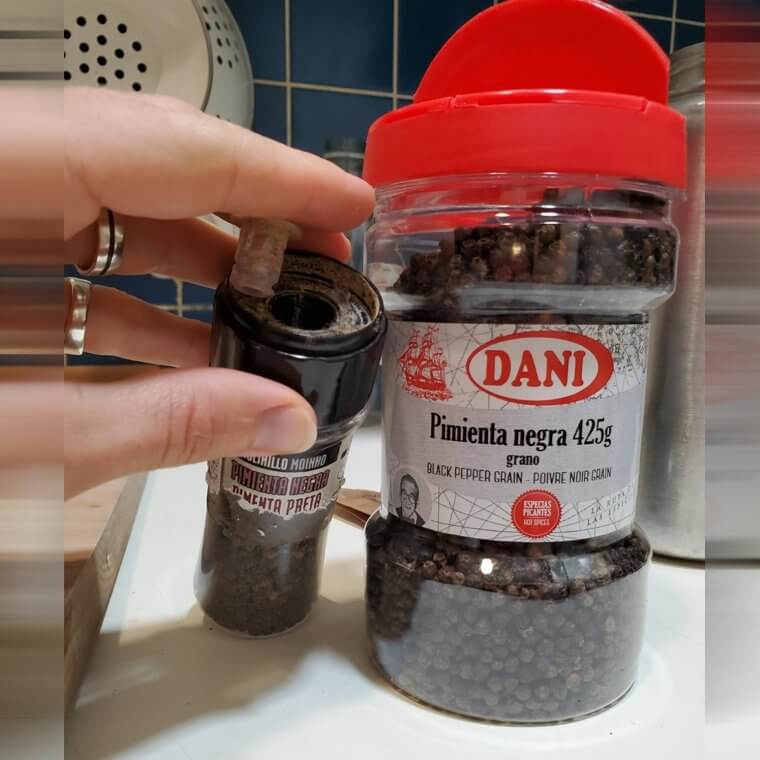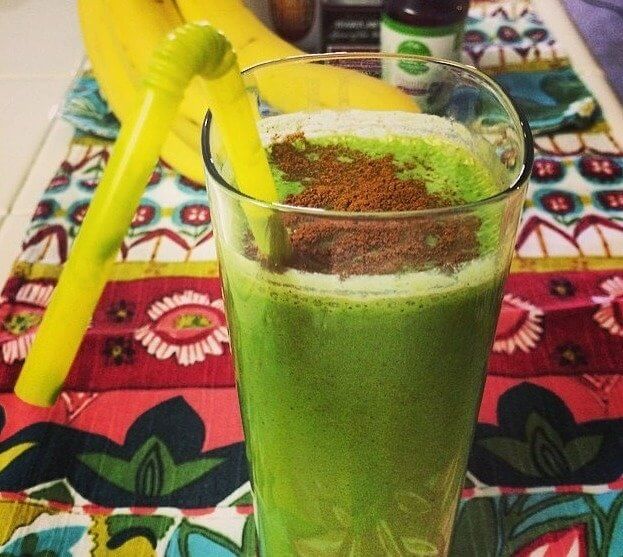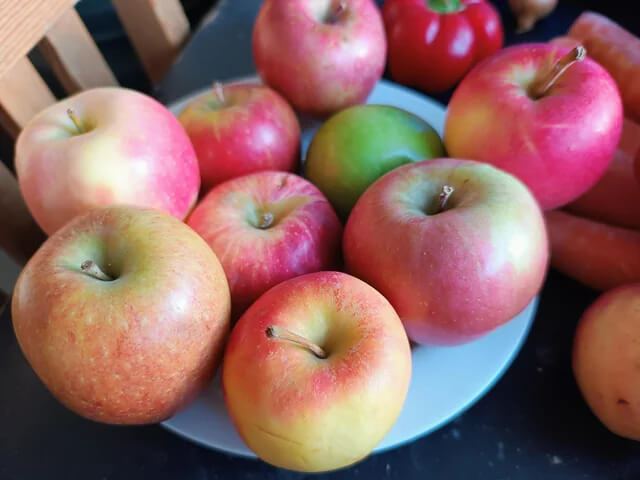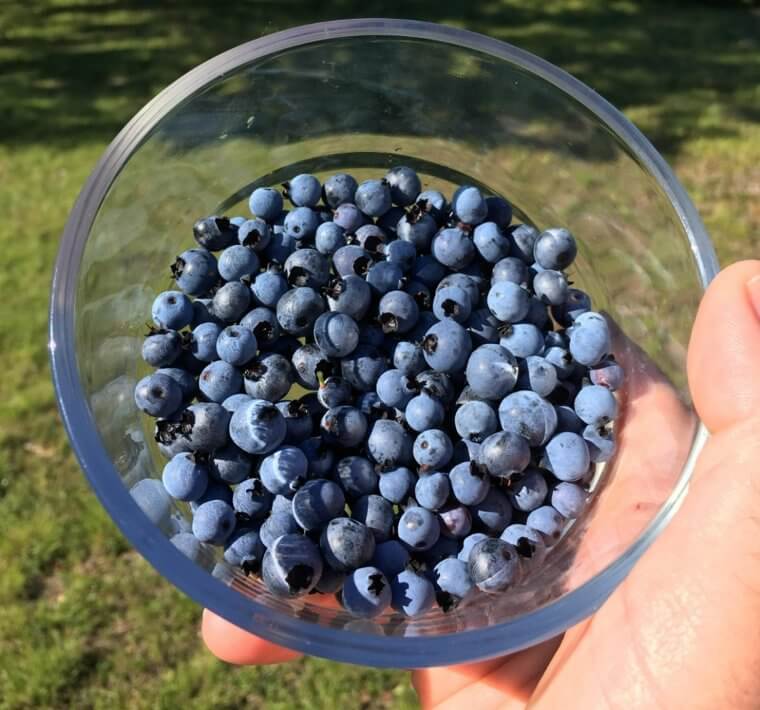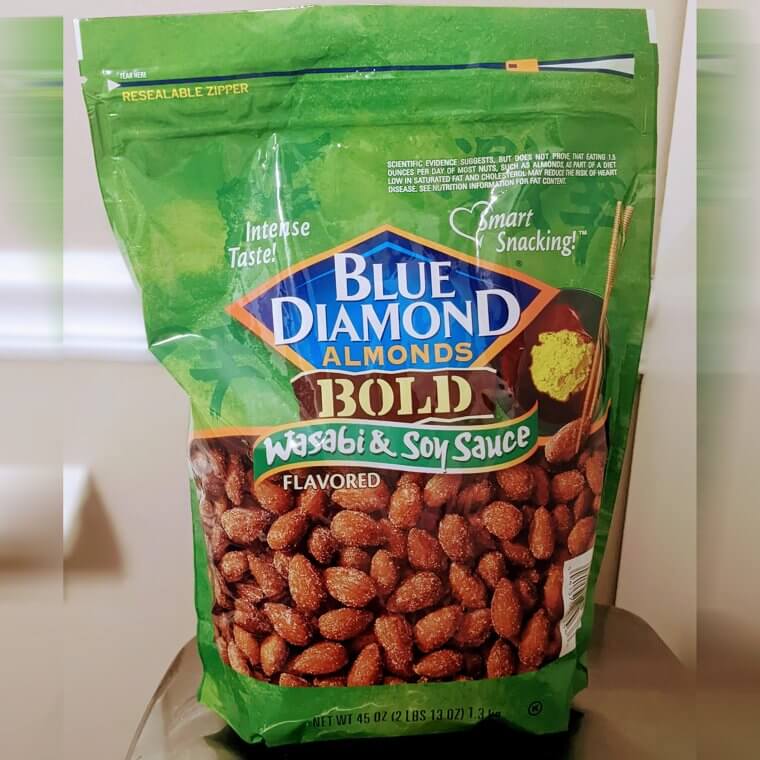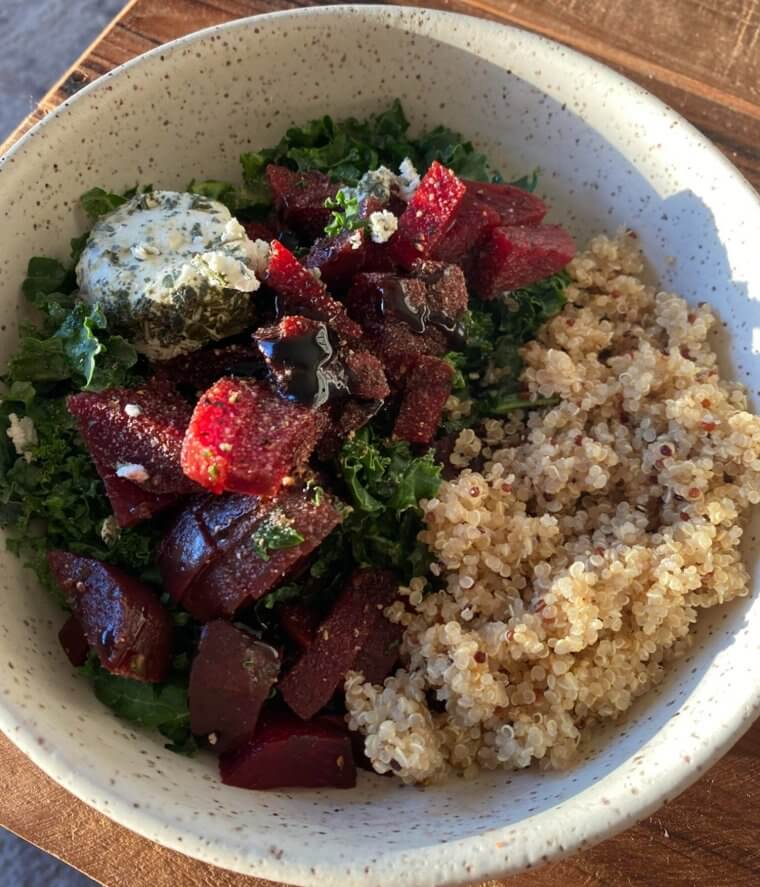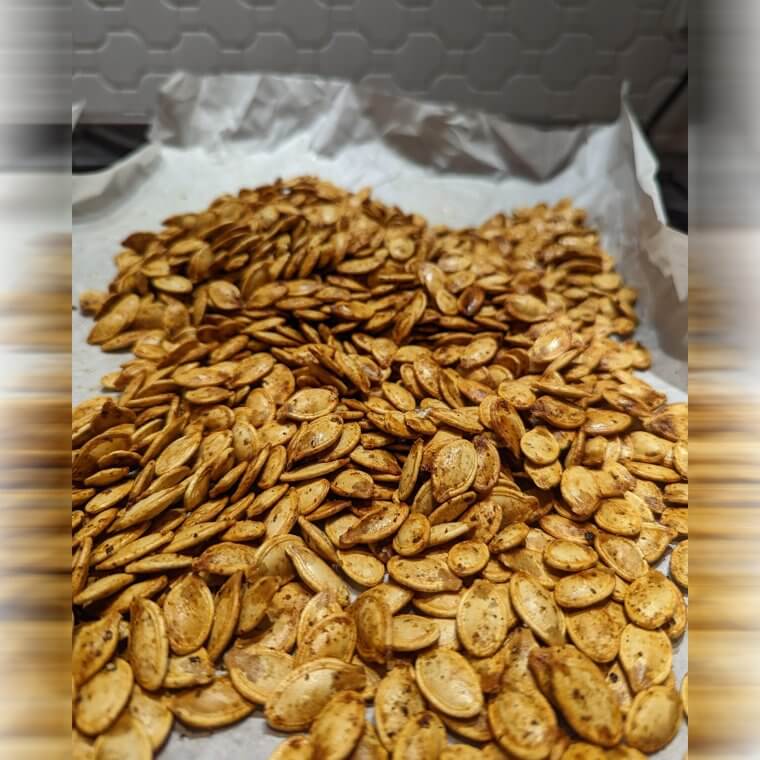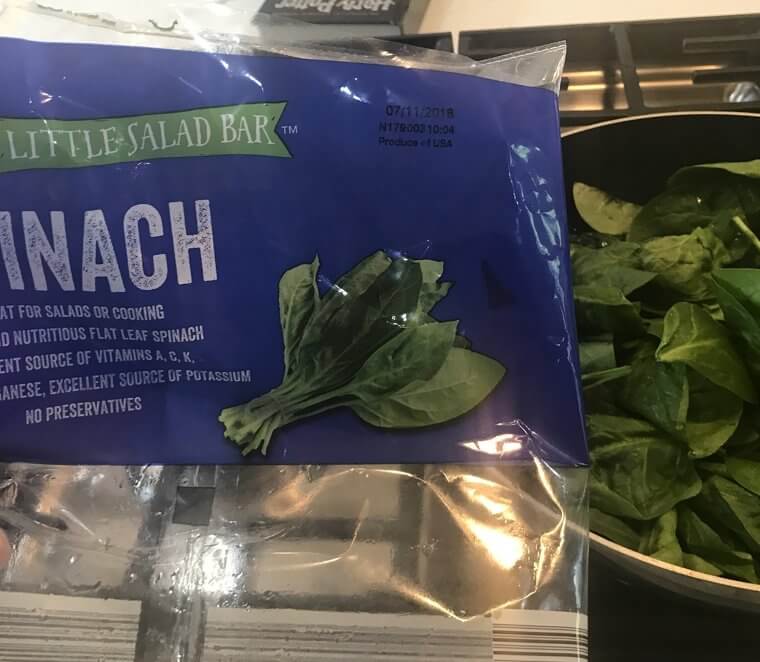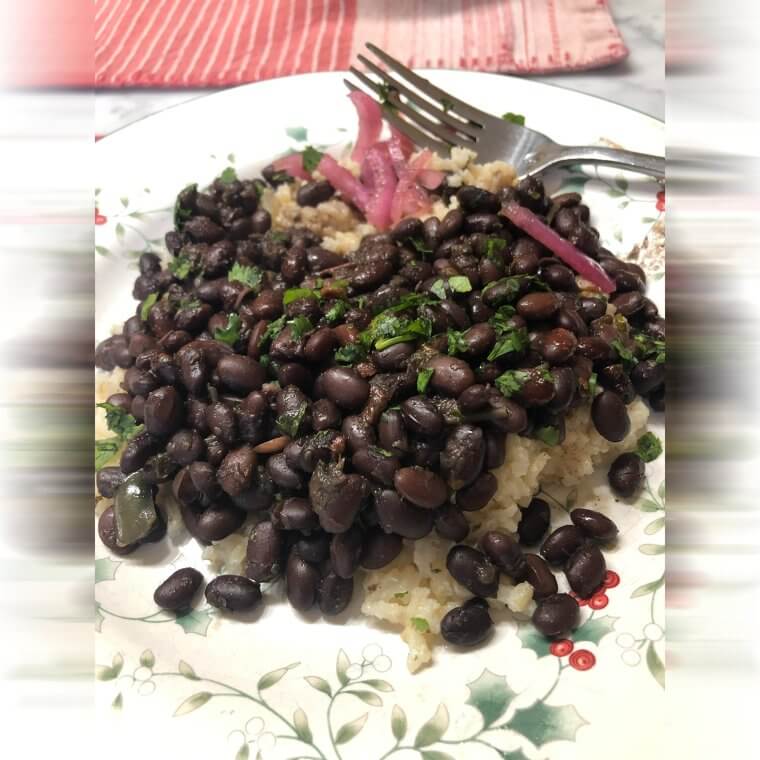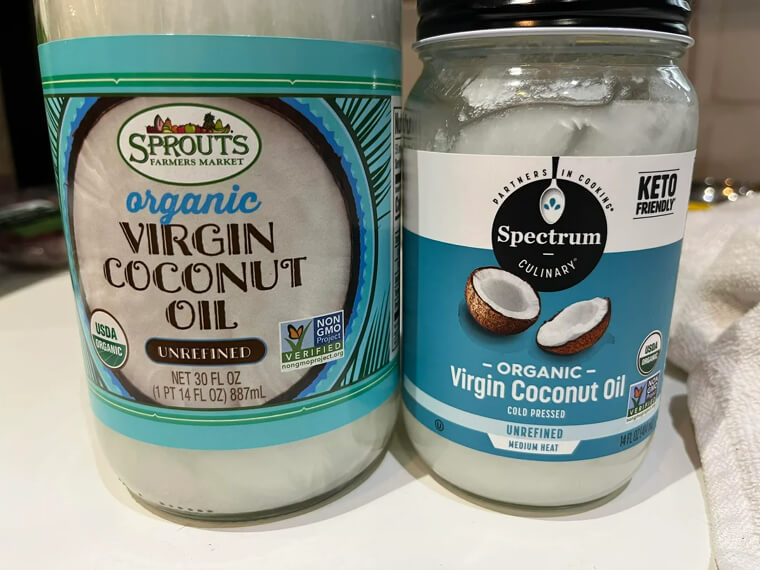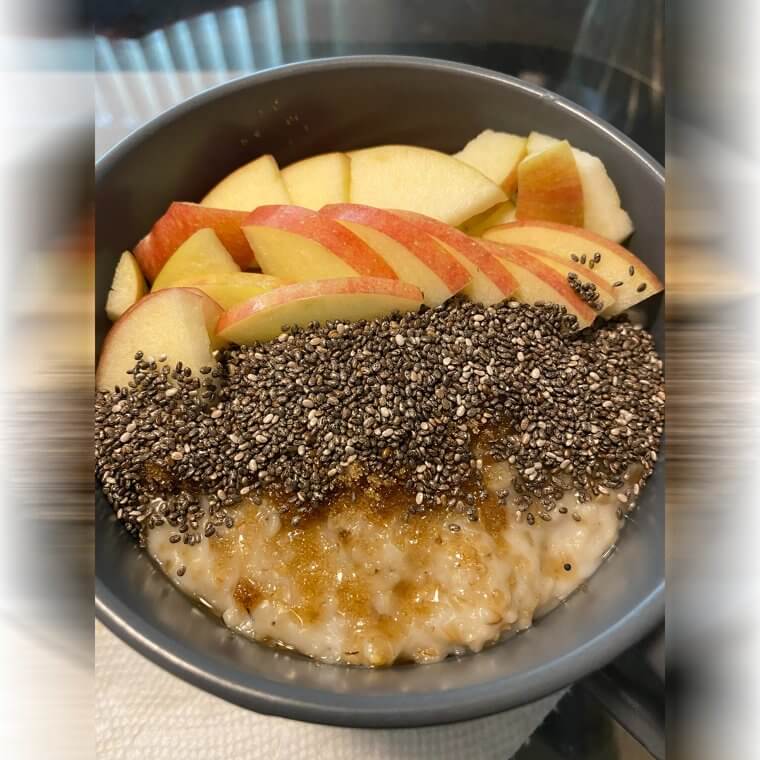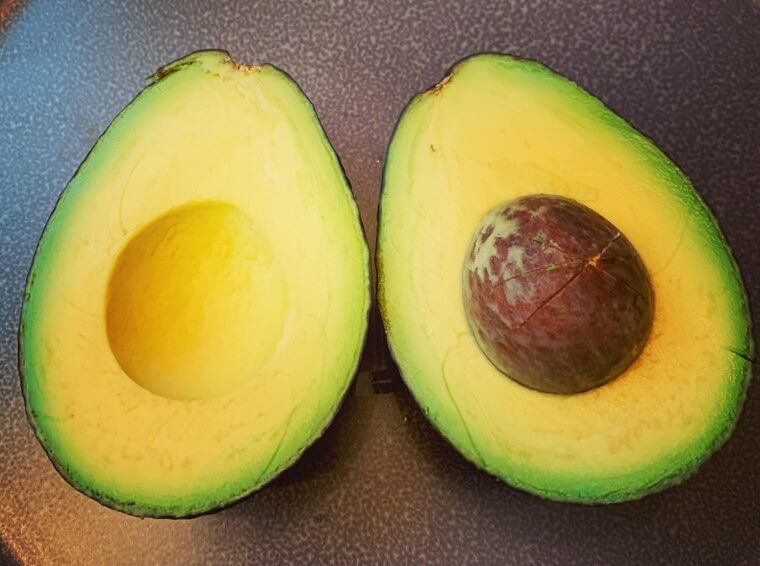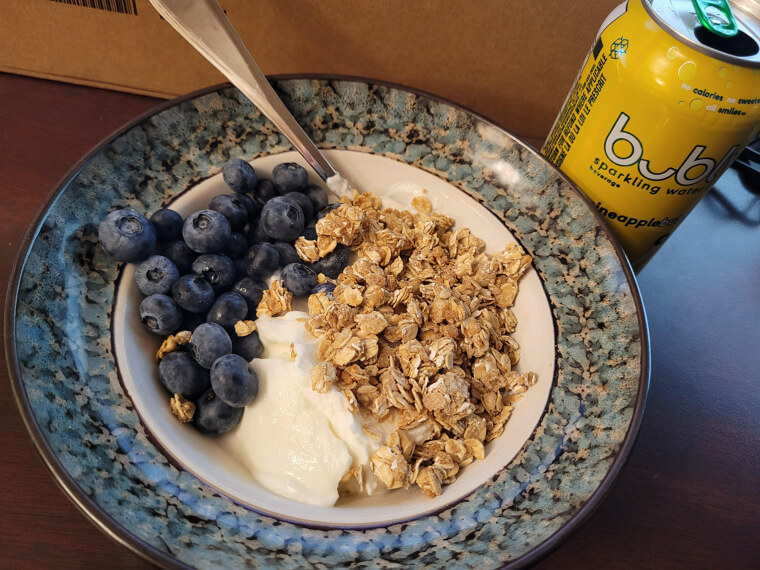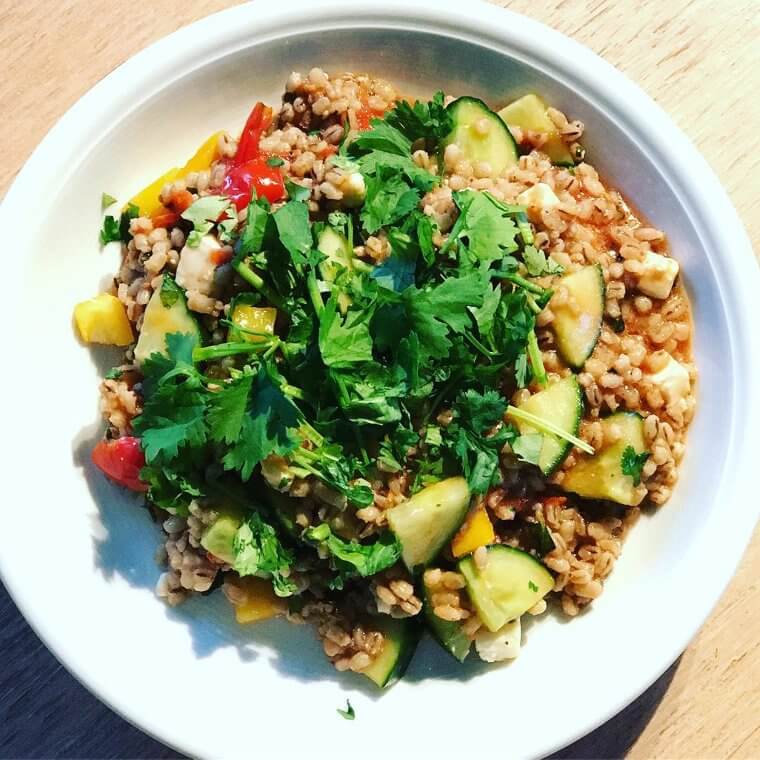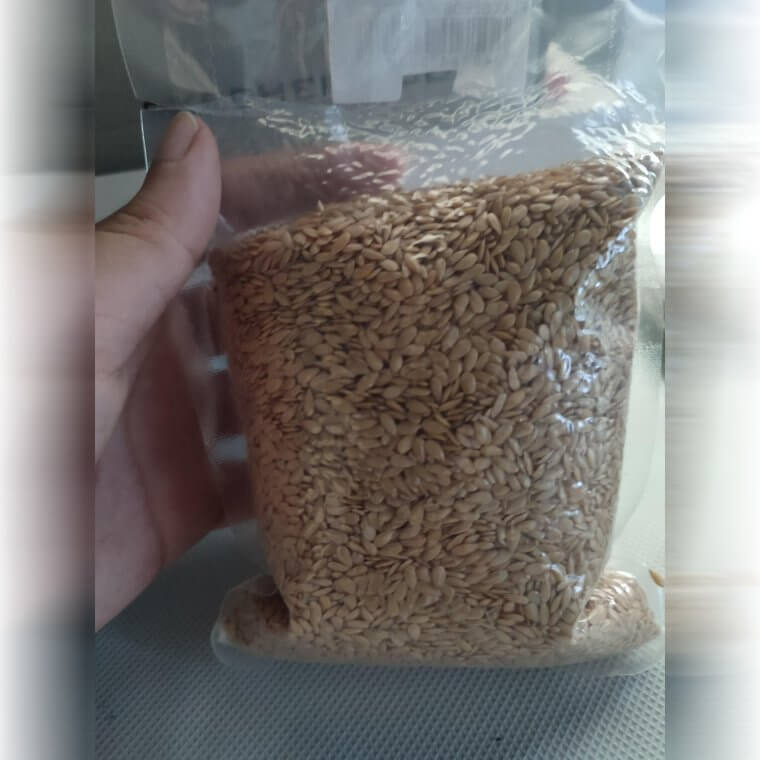Grapefruit
Grapefruit is a citrus wonder that can rev up your metabolism with its high levels of vitamin C and antioxidants. These nutrients help improve your body’s efficiency in burning calories and converting them into energy. Plus, grapefruit’s fiber content helps keep you full longer, making it a great choice for snacking. Additionally, grapefruit has a low glycemic index, which helps stabilize blood sugar levels. This fruit is also known to enhance liver function, aiding in detoxification processes. Consuming grapefruit regularly can support hydration due to its high water content.
Grapefruit also contains naringenin, an antioxidant that has been shown to have anti-inflammatory effects. This fruit can be a refreshing addition to your diet, especially in salads and juices.
Black Pepper
Black pepper is more than just a spice; it contains piperine, which enhances metabolic performance and fat burning. Adding a pinch of black pepper to your meals can improve digestion and nutrient absorption, giving your metabolism a nice little boost. It’s an easy and tasty way to spice up your health routine! Furthermore, black pepper can stimulate the secretion of hydrochloric acid in the stomach, enhancing digestive health. It also possesses antioxidant and anti-inflammatory properties, contributing to overall well-being.
Incorporating black pepper can improve the bioavailability of other nutrients and supplements you consume. Black pepper may also help in reducing blood pressure and promoting heart health. Its warming properties can help soothe respiratory conditions like colds and coughs.
Cinnamon
Cinnamon isn’t just for spicing up your lattes; it’s a powerful metabolism booster. This aromatic spice helps regulate blood sugar levels and increases insulin sensitivity, which can help your body process food more efficiently. Sprinkling cinnamon on your oatmeal or in your tea can give your metabolism a sweet lift. Moreover, cinnamon is rich in antioxidants, which protect the body from oxidative stress. It also has anti-inflammatory properties that can help reduce the risk of chronic diseases.
Regular consumption of cinnamon can improve heart health by reducing bad cholesterol and triglycerides. Cinnamon can also enhance brain function and improve memory. It's a versatile spice that can be added to both sweet and savory dishes.
Eggs
Eggs are a powerhouse of protein, which is essential for building and repairing muscles. High-protein foods like eggs require more energy for digestion, which means your body burns more calories processing them. They’re also rich in essential nutrients like B vitamins, which are crucial for energy production. Additionally, eggs contain choline, which is important for brain health and metabolism. They are also a good source of selenium, an antioxidant that supports thyroid function.
Including eggs in your diet can help maintain muscle mass, especially important during weight loss. Eggs are also versatile and can be prepared in various ways to suit different tastes. They can be included in numerous recipes, making them a staple in many diets.
Apples
Apples are a fiber-rich fruit that can help keep your metabolism humming. The fiber in apples helps slow digestion, keeping you fuller for longer and stabilizing blood sugar levels. Plus, they’re loaded with antioxidants and vitamins that support overall health. Furthermore, apples are low in calories, making them a perfect snack for weight management. They also contain pectin, which can promote gut health and improve digestion. Eating apples regularly can help reduce the risk of chronic diseases such as heart disease and type 2 diabetes.
Apples can also help freshen your breath and support dental health. They are easy to carry and make a convenient, healthy snack option.
Green Tea
Green tea is a metabolism-boosting beverage rich in antioxidants called catechins. These compounds help increase fat burning and energy expenditure. Sipping on green tea throughout the day can help keep your metabolism active and provide a gentle energy boost without the jitters. Additionally, green tea has been shown to improve brain function and protect against neurodegenerative diseases. It can also enhance physical performance by mobilizing fatty acids from fat tissues.
Drinking green tea may support cardiovascular health by lowering LDL cholesterol levels. Green tea can also promote skin health and reduce the signs of aging. It's a hydrating beverage that can be enjoyed hot or cold.
Blueberries
Blueberries are tiny but mighty when it comes to boosting metabolism. They’re packed with antioxidants and fiber, which help regulate blood sugar and improve digestion. Enjoying a handful of blueberries can give you a sweet, nutritious snack that supports your metabolic health. Moreover, blueberries are rich in vitamins C and K, which are essential for immune function and bone health. They also contain anti-inflammatory properties that can help reduce the risk of chronic diseases.
Regular consumption of blueberries can improve memory and cognitive function. Blueberries can also help improve heart health by reducing blood pressure. They are delicious and can be added to various dishes, from smoothies to salads.
Almonds
Almonds are a fantastic source of healthy fats, protein, and fiber, all of which are great for your metabolism. These nutrients work together to keep you feeling full and satisfied, while also providing a steady source of energy. Snacking on almonds can help keep your metabolism running smoothly. Additionally, almonds are rich in vitamin E, an antioxidant that supports skin health. They also contain magnesium, which is crucial for energy production and muscle function.
Including almonds in your diet can support heart health by reducing bad cholesterol levels. Almonds can also help with weight management by controlling hunger. They are versatile and can be used in many recipes, from savory to sweet.
Chilies
Chilies contain capsaicin, a compound that can boost your metabolism by increasing your body’s heat production. This thermogenic effect helps burn more calories even at rest. Adding a bit of chili to your meals can spice things up while also giving your metabolism a kick. Furthermore, chilies can help reduce appetite and increase satiety, aiding in weight management. They also have anti-inflammatory and antioxidant properties that support overall health.
Consuming chilies regularly can improve circulation and cardiovascular health. Chilies can also help clear congestion and improve respiratory function. They add a bold flavor to dishes, making them more enjoyable.
Coffee
Coffee isn’t just a morning pick-me-up; it can also give your metabolism a boost. The caffeine in coffee stimulates the central nervous system, increasing metabolism and fat burning. Just be mindful of the added sugar and cream, and you’ll have a metabolism-friendly beverage. Additionally, coffee contains antioxidants that protect against cell damage and inflammation. It can also improve physical performance by increasing adrenaline levels. Drinking coffee has been linked to a lower risk of several diseases, including type 2 diabetes and Alzheimer's disease.
And that's not all - coffee can also enhance mood and cognitive function. Enjoying a cup of coffee can be a part of a healthy, balanced diet.
Quinoa
Quinoa is a superfood that’s rich in protein, fiber, and essential amino acids. These nutrients help keep you full and support muscle growth and repair, which is crucial for a healthy metabolism. Incorporating quinoa into your meals can provide a nutritious boost to your metabolic health. Additionally, quinoa is gluten-free, making it suitable for people with gluten intolerance. It is also high in magnesium, which supports energy production and muscle function.
Eating quinoa regularly can help regulate blood sugar levels and improve gut health. Quinoa is versatile and can be used in salads, soups, and as a side dish. Its nutty flavor and texture make it a favorite in many recipes.
Vegetables
Vegetables are low in calories but high in nutrients and fiber, making them excellent for your metabolism. They help fill you up without adding extra calories, and their fiber content aids digestion and nutrient absorption. A diet rich in vegetables is a key part of a healthy metabolism. Furthermore, vegetables are packed with vitamins and minerals that support overall health and immune function. They also contain antioxidants that protect against oxidative stress and inflammation.
Consuming a variety of vegetables can help reduce the risk of chronic diseases. Vegetables can be enjoyed in many ways, from raw to cooked, making them versatile. They add color, texture, and flavor to meals, enhancing their appeal.
Ginger
Ginger is a zesty root that can help boost your metabolism by increasing thermogenesis, the process where your body burns calories to produce heat. It also aids digestion and reduces inflammation, making it a great addition to your diet for overall metabolic health. Moreover, ginger has been shown to alleviate nausea and improve gut health. It also contains antioxidants that protect against cell damage and disease. Including ginger in your diet can enhance immune function and reduce muscle pain and soreness.
Ginger can also help improve circulation and cardiovascular health. It can be used fresh, dried, or powdered in various recipes, from teas to curries.
Turmeric
Turmeric contains curcumin, a powerful compound that can enhance your metabolic rate. Curcumin has anti-inflammatory properties that support overall health and can improve your body’s ability to burn calories. Adding turmeric to your dishes can give your metabolism a golden glow. Additionally, turmeric can improve brain function and reduce the risk of neurodegenerative diseases. It also supports cardiovascular health by improving endothelial function. Consuming turmeric regularly can aid in the management of arthritis symptoms.
Turmeric can also help detoxify the liver and support digestive health. Its warm, earthy flavor can enhance a variety of dishes, from soups to smoothies.
Pumpkin Seeds
Pumpkin seeds are a crunchy snack packed with protein, healthy fats, and fiber. These nutrients work together to keep you full and energized, supporting a healthy metabolism. They’re also rich in magnesium, which plays a crucial role in energy production. Furthermore, pumpkin seeds contain antioxidants that protect against cell damage and inflammation. They are also a good source of zinc, which supports immune function and skin health. Including pumpkin seeds in your diet can help improve heart health by reducing cholesterol levels.
Pumpkin seeds can also help promote restful sleep due to their tryptophan content. They can be eaten on their own or added to salads, yogurt, and baked goods.
Garlic
Garlic is a flavorful addition to many dishes and also a metabolism booster. It contains compounds that can increase your body’s energy expenditure and improve fat metabolism. Plus, garlic’s anti-inflammatory properties support overall health. Additionally, garlic has been shown to boost the immune system and reduce the severity of common illnesses. It also contains antioxidants that protect against oxidative stress and cell damage. Regular consumption of garlic can help reduce blood pressure and improve heart health.
Garlic can also improve digestive health by promoting the growth of beneficial gut bacteria. Its distinctive flavor makes it a staple in many cuisines worldwide.
Plums
Plums are juicy fruits that can help support your metabolism with their high fiber content. The fiber in plums aids digestion and helps regulate blood sugar levels. They’re also rich in antioxidants, which support overall metabolic health. Furthermore, plums contain vitamins C and K, which are essential for immune function and bone health. They also have anti-inflammatory properties that can help reduce the risk of chronic diseases. Eating plums regularly can improve skin health and promote a healthy complexion.
Plums can also help relieve constipation and support regular bowel movements. They are a delicious addition to both sweet and savory dishes.
Cauliflower
Cauliflower is a versatile veggie that’s low in calories but high in fiber and nutrients. Its fiber content helps keep you full and aids digestion, which can support a healthy metabolism. Whether roasted, mashed, or riced, cauliflower is a great addition to your diet. Additionally, cauliflower is rich in antioxidants that protect against cell damage and inflammation. It also contains vitamins C and K, which support immune function and bone health.
Including cauliflower in your meals can help reduce the risk of chronic diseases. Cauliflower can also help balance hormones due to its phytonutrient content. Its mild flavor makes it suitable for various culinary applications.
Tuna
Tuna is a lean protein that’s excellent for boosting your metabolism. Protein-rich foods like tuna require more energy for digestion, which can increase your calorie burn. Tuna is also rich in omega-3 fatty acids, which support overall metabolic health. Furthermore, tuna contains vitamins B12 and D, which are essential for energy production and immune function. It is also a good source of selenium, an antioxidant that protects against cell damage.
Including tuna in your diet can help improve cardiovascular health and reduce inflammation. Tuna can also support brain health and cognitive function. It's a versatile ingredient that can be used in salads, sandwiches, and sushi.
Spinach
Spinach is a leafy green that’s packed with iron, magnesium, and fiber. These nutrients help boost your energy levels and support a healthy metabolism. Adding spinach to your salads, smoothies, or soups can give your metabolism a green light. Additionally, spinach is rich in antioxidants that protect against oxidative stress and cell damage. It also contains vitamins A and C, which support immune function and skin health. Eating spinach regularly can improve bone health due to its high vitamin K content.
Spinach can also help improve eye health due to its lutein and zeaxanthin content. It’s a versatile green that can be incorporated into a variety of dishes.
Lemon
Lemon is a zesty fruit that can help kickstart your metabolism. The vitamin C in lemons supports overall health and can improve your body’s ability to burn fat. Adding lemon to your water or meals can give your metabolism a refreshing boost. Furthermore, lemon juice can aid digestion and detoxification by stimulating liver function. It also has antioxidant properties that protect against cell damage and inflammation. Including lemon in your diet can help improve skin health and reduce the risk of chronic diseases.
Lemons can also help freshen breath and support dental health. And on top of that, their bright flavor can enhance a wide range of recipes.
Black Beans
Black beans are a fantastic source of plant-based protein and fiber. These nutrients help keep you full and provide a steady source of energy, supporting a healthy metabolism. Adding black beans to your meals can enhance their nutritional value. Additionally, black beans are rich in antioxidants that protect against cell damage and inflammation. They also contain folate, which is essential for DNA synthesis and repair. Eating black beans regularly can improve gut health by promoting the growth of beneficial bacteria.
Black beans can also help stabilize blood sugar levels and reduce the risk of type 2 diabetes. They are a versatile ingredient that can be used in soups, salads, and wraps.
Dark Chocolate
Dark chocolate isn’t just a treat; it can also support your metabolism. It contains antioxidants and healthy fats that can improve your body’s ability to burn calories. Enjoying a small piece of dark chocolate can be a delightful way to boost your metabolic health. Furthermore, dark chocolate has been shown to improve brain function and reduce the risk of neurodegenerative diseases. It also contains flavonoids that support heart health by improving blood flow.
Including dark chocolate in your diet can help reduce inflammation and oxidative stress. Dark chocolate can also improve mood and reduce stress levels. Choose dark chocolate with at least 70% cocoa for maximum benefits.
Fatty Fish
Fatty fish like salmon and mackerel are rich in omega-3 fatty acids, which can help boost your metabolism. These healthy fats improve the body’s ability to burn calories and reduce inflammation. Including fatty fish in your diet can support overall metabolic health. Additionally, fatty fish are a good source of high-quality protein, which aids muscle growth and repair. They also contain vitamins D and B12, which are essential for energy production and immune function.
Eating fatty fish regularly can help improve cardiovascular health and reduce the risk of chronic diseases. Fatty fish can also enhance brain health and cognitive function. They are versatile and can be grilled, baked, or added to salads.
Coconut or Palm Oil
Coconut and palm oils are rich in medium-chain triglycerides (MCTs), which can boost your metabolism. MCTs are quickly absorbed and used for energy, increasing your calorie burn. Using these oils in your cooking can enhance your metabolic rate. Furthermore, MCTs have been shown to promote weight loss by increasing satiety and reducing calorie intake. These oils also have antimicrobial properties that can improve gut health, among other things.
Including coconut or palm oil in your diet can support brain health and improve cognitive function. They can also improve skin health when used topically. These oils are great for high-heat cooking due to their stability.
Apple Cider Vinegar
Apple cider vinegar is a tangy addition to your diet that can help boost metabolism. It helps regulate blood sugar levels and improves digestion, both of which are important for metabolic health. Adding a splash to your meals or drinks can give your metabolism a kick. Additionally, apple cider vinegar has been shown to promote weight loss by increasing feelings of fullness. It also contains acetic acid, which has antimicrobial properties that can improve gut health.
Regular consumption of apple cider vinegar can help lower cholesterol levels and improve heart health. It can also help balance pH levels in the body and support detoxification. Apple cider vinegar is versatile and can be used in dressings, marinades, and beverages.
Chili Peppers
Chili peppers contain capsaicin, which can boost your metabolism by increasing your body’s heat production. This thermogenic effect helps burn more calories, even when you’re at rest. Adding chili peppers to your dishes can spice up your metabolism. Furthermore, chili peppers can help reduce appetite and increase satiety, aiding in weight management. They also have anti-inflammatory and antioxidant properties that support overall health. Consuming chili peppers regularly can improve circulation and cardiovascular health.
Chili peppers can also help clear congestion and improve respiratory function. They add a bold flavor to dishes, making them more enjoyable.
Oatmeal
Oatmeal is a hearty breakfast option that’s packed with fiber and whole grains. These nutrients help keep you full and provide a steady source of energy, supporting a healthy metabolism. Starting your day with oatmeal can set you up for metabolic success. Additionally, oatmeal contains beta-glucan, a type of soluble fiber that can lower cholesterol levels. It also has antioxidant properties that protect against cell damage and inflammation. Including oatmeal in your diet can help regulate blood sugar levels and improve heart health.
Oatmeal can also promote gut health by feeding beneficial bacteria. It’s a versatile breakfast option that can be customized with various toppings, from fruits to different seeds.
Avocado
Avocado is a creamy fruit that’s rich in healthy fats, fiber, and vitamins. These nutrients help keep you full and provide a steady source of energy, supporting a healthy metabolism. Adding avocado to your meals can give them a nutritious boost. Furthermore, avocados contain potassium, which helps regulate blood pressure and electrolyte balance. They also have antioxidant properties that protect against cell damage and inflammation. Eating avocados regularly can improve heart health by reducing bad cholesterol levels.
Avocados can also support eye health due to their lutein and zeaxanthin content. They are versatile and can be added to salads, smoothies, and toast.
Greek Yogurt
Greek yogurt is a protein-packed snack that can boost your metabolism. The high protein content helps keep you full and requires more energy for digestion. Greek yogurt also contains probiotics that support gut health, which is important for metabolic function. Additionally, Greek yogurt is rich in calcium, which supports bone health and muscle function. It also contains B vitamins that are essential for energy production and metabolism. Including Greek yogurt in your diet can help improve digestion and boost immune function.
Greek yogurt can also help with weight management by reducing appetite. It’s a versatile snack that can be enjoyed on its own or with various toppings.
Barley
Barley is a whole grain that’s rich in fiber and nutrients. These components help keep you full and support healthy digestion, which is important for metabolism. Adding barley to your soups, stews, or salads can give your meals a nutritious boost. Furthermore, barley contains beta-glucan, a soluble fiber that can lower cholesterol levels. It also has antioxidant properties that protect against cell damage and inflammation. Eating barley regularly can help regulate blood sugar levels and improve heart health.
Barley can also support gut health by promoting the growth of beneficial bacteria. It’s a versatile grain that can be used in various recipes.
Scallops
Scallops are a lean source of protein that can help boost your metabolism. Protein-rich foods require more energy for digestion, which can increase calorie burn. Scallops are also rich in vitamins and minerals that support overall health. Additionally, scallops contain omega-3 fatty acids, which reduce inflammation and support heart health. They also provide B vitamins that are essential for energy production and metabolism. Including scallops in your diet can help maintain muscle mass and promote a healthy weight.
Scallops can also improve brain function and cognitive health. Not only that, but they are also a delicious and elegant addition to many dishes.
Flaxseed
Flaxseed is a tiny but mighty seed that’s packed with fiber, omega-3 fatty acids, and protein. These nutrients support a healthy metabolism by keeping you full and providing steady energy. Adding flaxseed to your smoothies, yogurt, or baked goods can enhance your metabolic health. Furthermore, flaxseed contains lignans, which have antioxidant and anti-inflammatory properties. It also supports digestive health by promoting regular bowel movements. Including flaxseed in your diet can help regulate blood sugar levels and improve heart health.
Flaxseed can also support skin health and reduce the risk of certain cancers. It's a versatile ingredient that can be added to various recipes for an extra nutritional boost.
Capsaicin
Capsaicin, found in chili peppers, can boost your metabolism by increasing your body’s heat production. This thermogenic effect helps burn more calories, even at rest. Including capsaicin-rich foods in your diet can spice up your metabolism. Furthermore, capsaicin can help reduce appetite and increase satiety, aiding in weight management. It also has anti-inflammatory and antioxidant properties that support overall health. Consuming capsaicin regularly can improve circulation and cardiovascular health.
Capsaicin can also help clear congestion and improve respiratory function. It's a spicy way to enhance metabolic health and add flavor to your meals.
Water
Water is essential for a healthy metabolism. Staying hydrated helps your body function efficiently, including the process of burning calories. Drinking enough water throughout the day can support your metabolic health and keep you feeling your best. Additionally, water helps transport nutrients and oxygen to cells, aiding in energy production. It also supports the removal of waste products and toxins from the body. Drinking water before meals can help reduce appetite and promote weight loss.
Water can also help maintain skin health and prevent dehydration. It's important to drink water regularly throughout the day to stay properly hydrated.


